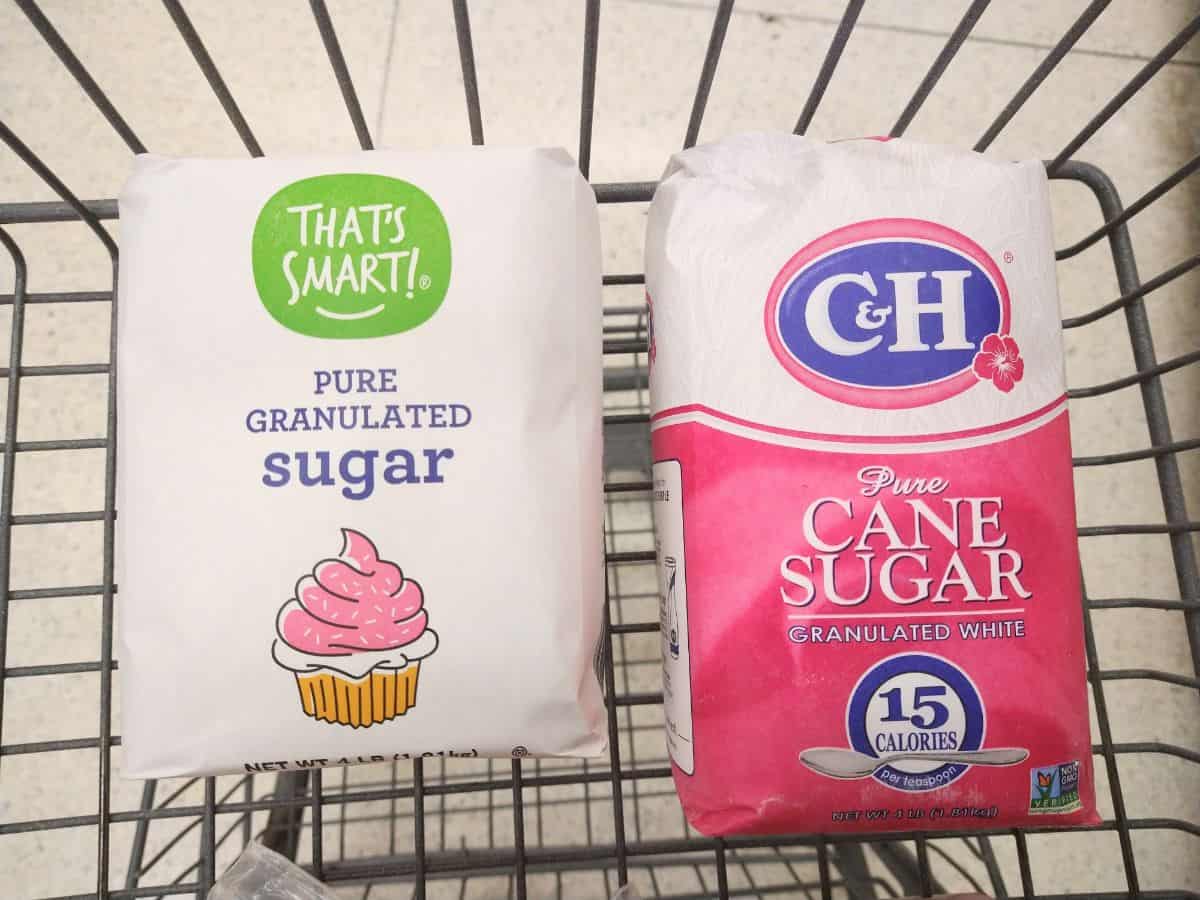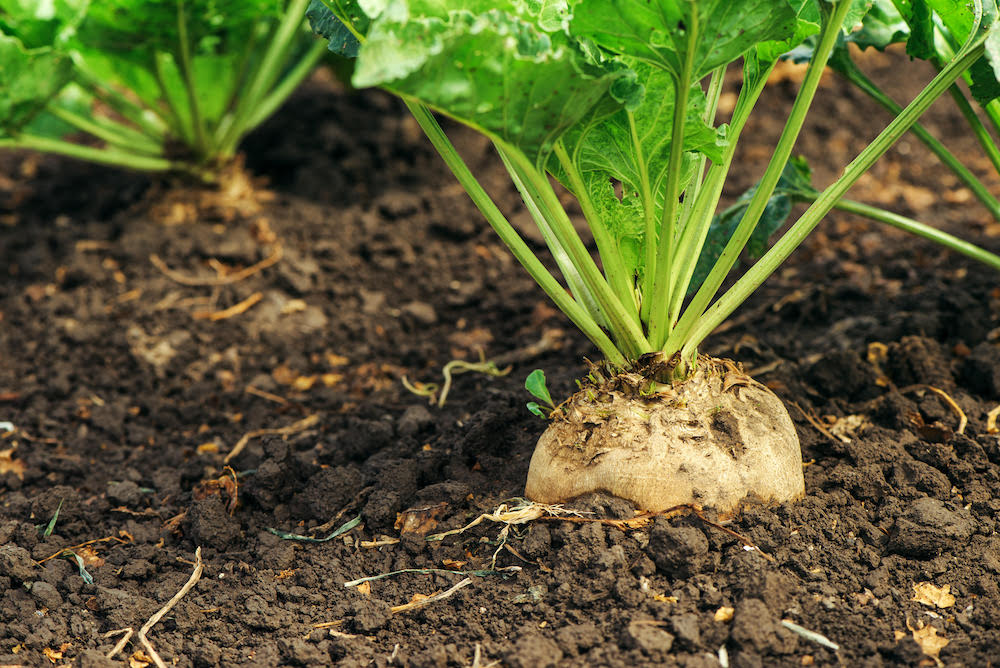The Terrific Discussion: Beetroot Sugar Vs Cane and Their Impact on Health And Wellness
The continuous argument bordering beet sugar and cane sugar elevates vital questions regarding their respective health influences and broader ramifications for consumer selections. This conversation welcomes us to think about not simply the sweetness we select, yet the significant impacts of those selections on our health and wellness and the earth.
Overview of Sugar Sources
Sugar, a commonly taken in sugar, primarily stems from two primary sources: sugar beets and sugar cane. These plants are cultivated in numerous areas worldwide, each adding to the international sugar supply in unique means. Sugar walking cane grows in exotic and subtropical environments, with major producers consisting of Brazil, India, and China. The plant is collected for its stalks, which are then refined to remove juice and crystallize sugar.
Alternatively, sugar beets are primarily grown in temperate areas, with substantial manufacturing in countries such as the United States, France, and Germany. The beets are gathered from the ground, cut, and based on a procedure that converts the removed juice right into granulated sugar. While both sugar sources eventually yield sucrose, their farming practices, refining approaches, and geographic distributions differ markedly.
These distinctions can affect not only the environmental influence of sugar manufacturing however additionally the financial aspects of sugar prices and profession. Understanding the origins of these sweeteners is critical for customers and policymakers alike, as it lays the structure for informed conversations about their wellness implications and sustainability.
Nutritional Contrast
When analyzing the dietary profiles of beetroot sugar and cane sugar, both sources share a comparable make-up as they mainly are composed of sucrose. Sucrose is a disaccharide, made up of glucose and fructose, and is accountable for the sweet taste related to both sugars. The refining processes for both beet and walking stick sugar yield products that are predominantly pure sucrose, with marginal traces of vitamins, minerals, or various other nutrients.
In regards to calorie web content, both beet and cane sugars supply approximately 4 calories per gram. Neither kind of sugar provides substantial nutritional advantages beyond energy arrangement, as they lack important vitamins or minerals. The existence of trace elements, such as magnesium, calcium, and potassium, can vary somewhat between the 2, largely due to the farming methods and dirt conditions in which they are grown.
Furthermore, the glycemic index values of beetroot sugar and cane sugar are comparable, showing comparable effects on blood sugar degrees. In general, from a nutritional standpoint, beetroot and walking stick sugars are functionally equivalent, contributing largely to calorie consumption without using substantial health and wellness benefits over one an additional.
Health And Wellness Ramifications
The wellness effects of consuming beet sugar and walking stick sugar warrant cautious consideration, particularly given the increasing frequency of sugar-related health issues. Both types of sugar add similar caloric worths and can cause enhanced risks of obesity, type 2 diabetes, and cardiovascular illness when eaten over. The body sugars both metabolizes right into sugar, which can cause spikes in blood glucose degrees, resulting in insulin resistance in time.
While there is continuous argument concerning the glycemic index of these sugars, research studies suggest that both can adversely impact metabolic health and wellness if consumed in large quantities. beet sugar vs cane. In addition, the potential existence of contaminants in beet this contact form sugar, such as chemicals from traditional farming techniques, raises further health and wellness concerns. On the other hand, cane sugar, particularly when minimally refined, might offer a slightly more desirable profile as a result of its natural state
Additionally, the intake of included sugars, no matter the resource, is linked to adverse wellness results, including dental issues and fatty liver condition. As a result, small amounts is important, and individuals ought to bear in mind their complete sugar consumption from all sources, ultimately prioritizing whole foods over sugarcoated for optimal health and wellness end results.
Environmental Influence
Recognizing the wellness ramifications of beet and cane sugar likewise brings about an assessment of their environmental effect, which can substantially affect farming sustainability and ecological equilibrium. Both sugar resources have distinct environmental footprints, formed by their cultivation practices and geographical requirements.

In comparison, beetroot sugar is typically grown in warm climates and frequently entails diverse crop turnings. This method can boost dirt health and wellness and decrease reliance on chemical inputs. Intensive beet farming can likewise lead to nutrient deficiency and bug stress if not managed sustainably.
Both sugar kinds present obstacles and chances for environmental stewardship. Advertising lasting agricultural practices and responsible sourcing can minimize their effects, making sure that sugar production lines up with eco-friendly preservation and long-term food safety.
Customer Preferences
Amidst expanding understanding of health and environmental problems, customer choices for sugar types are significantly affected by understandings of health and wellness advantages, sustainability, and honest sourcing. Beet sugar and cane sugar each present distinct qualities that interest various consumer demographics.
Health-conscious consumers usually scrutinize the dietary profiles of these sugars, looking for choices viewed as much less processed or even more natural. Walking cane sugar, often regarded as Discover More Here the traditional sugar, is occasionally favored for its viewed pureness and simplicity. On the other hand, beetroot sugar, which is often stemmed from genetically changed plants, faces skepticism among those concerned concerning GMOs.
Sustainability is one more substantial aspect affecting customer selections. As awareness of agricultural techniques grows, lots of consumers select products that line up with environmentally pleasant farming methods. Walking cane sugar manufacturing, particularly when sourced from lasting ranches, can interest eco-conscious purchasers.
Ethical sourcing plays an important duty too, with customers progressively favoring items that sustain reasonable labor methods. Qualifications such as Fair Profession can improve the good looks of cane sugar in the market. Ultimately, customer preferences are formed by a complicated interaction of wellness, environmental, and honest factors to consider, driving demand for both beetroot and walking stick sugars in diverse markets.
Conclusion
To conclude, the argument between beetroot sugar and walking cane sugar incorporates various variables, consisting of nutritional accounts, wellness ramifications, and ecological repercussions. beet sugar vs cane. While both sugars mostly are composed of sucrose and show similar calorie web content, issues pertaining to chemical usage in beet sugar and the ecological effect of walking cane sugar monoculture warrant mindful factor to consider. As consumers significantly prioritize sustainability and health and wellness, educated choices regarding sugar consumption come to be important in promoting overall wellness and environmental stewardship
